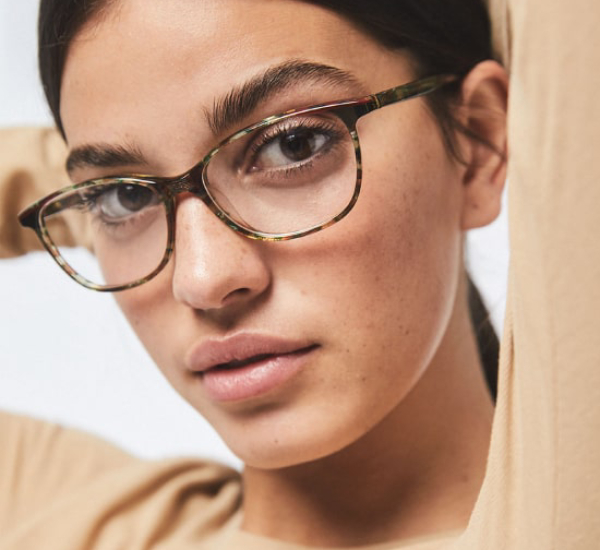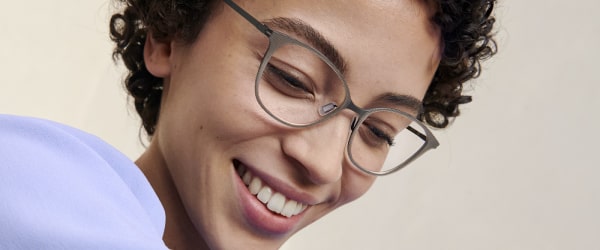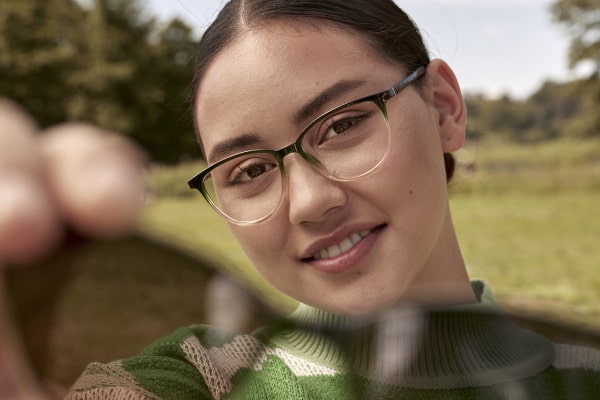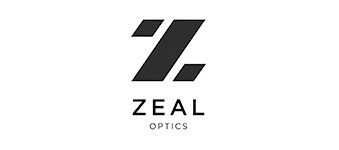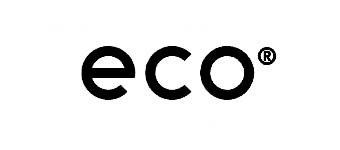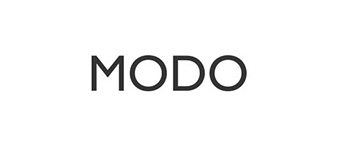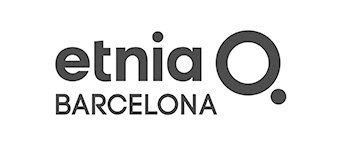Our exams include:
- a discussion of your personal and family health history, including current vision and medical issues. This helps us be alert to potential eye issues related to your history.
- a discussion of your needs at home, at school/work, and during leisure activities. This gives us a better idea of your specific eyewear needs.
- a measurement of your visual acuity in each eye, testing how they see with or without corrective lenses at different distances.
- assessment of your visual system, including eye muscles and binocular vision (how well the two eyes work together).
- a colour vision evaluation, to see if you have colour vision deficiency.
- a determination of your current glasses prescription. If you are currently wearing contacts (or want to start), we use your glasses prescription to determine what your contact lens prescription will be.
- an overall assessment of your ocular health. In order to see the back of the eye properly, we use special eye drops to make your pupils (the dark part of the eye) slightly larger (dilated). This helps us check for conditions such as cataracts, glaucoma, age-related macular degeneration, and more. The drops may blur your vision and make you more sensitive to light for a couple of hours.
- a detailed discussion of our findings at the end of the exam. We encourage you to ask any questions you may have. We don’t want you walking out with any uncertainty or confusion.
- if you wish, a chance to try on some new frames! Whether your vision has changed since last time or you just want to try out a new look, after your eye exam is finished our optometrist will be happy to introduce you to our optician, who will review your new prescription and show you options to suit your style, activities, and budget.
Private (non-OHIP-covered) eye exams also include:
- OCT (Optical Coherence Tomography), a scan of your optic nerve (to detect eye diseases like glaucoma) and macula, the important central area at the back of the eye.
- wide-field retinal photography to detect and document any abnormalities on the back of the eye.
For patients whose regular eye exams are covered by OHIP, we highly recommend opting in for these two important diagnostic tests as well. We provide them at the lowest fees to provide the highest standard of care for all our patients. The tests can aid in the early detection of many eye diseases, so regular testing will keep you feeling safe.




